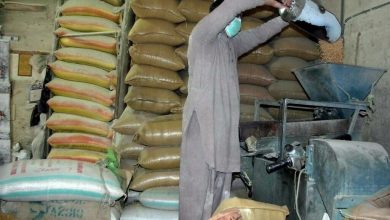Textile millers seek details of IPP deals

As the independent power producers (IPPs) come in for a lot of flak for receiving billions of rupees in capacity charges, the All Pakistan Textile Mills Association (Aptma) has approached government institutions including the Power Division and the Securities and Exchange Commission of Pakistan (SECP), asking them to provide details of IPP deals.
In a letter, Aptma Secretary General Shahid Sattar said that pursuant to Article 19-A of the Constitution of Pakistan, which guaranteed the right of access to information in all matters of public importance, and in accordance with the Right of Access to Information Act, 2017, the association wanted to see the information about the IPPs established under the power policies of 1994, 2002, 2008 and 2015.
He sought information relating to the power purchase agreements (PPAs), amendments and copies of all PPAs executed between the government of Pakistan and the IPPs.
Textile millers particularly demanded the release of details of amendments made to the PPAs from the inception to date, including those after the significant amendments made to the Nepra Act in 2018.
They requested the provision of copies of all extension agreements pertaining to the PPAs, including the terms and conditions.
It sought details of any financial benefits provided following the extension agreements and settlement deals, including the copies of all settlement agreements.
Aptma wants to see any financial benefits extended pursuant to the arbitration proceedings, both national and international, as well as the final decisions taken in those proceedings.
Other details demanded by the association included information about any proceedings initiated for the termination of agreements with the IPPs, the grounds for initiating such proceedings and the current status and outcomes.
The textile millers urged the government to provide detailed information about projects established under the build-operate-transfer (BOT) and build-own-operate-transfer (BOOT) models.
“This request is made in the public interest to promote transparency and accountability in matters of public importance,” Aptma remarked in the letter.
“The information provided will be used for research and analysis to better understand the power sector’s governance and policy implementation.” The association cited a latest judgement of the Supreme Court, which said that the “right of access to information is a bulwark against corruption and corrupt practices. It enables the citizen to know how they are being served and how the resources that belong to them are being utilised and spent.”





